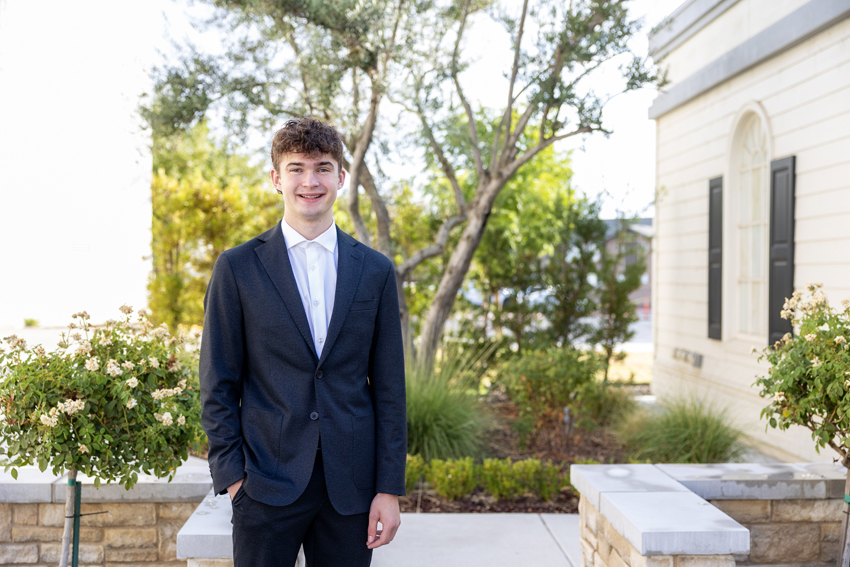It’s a common scene: The teacher passes back a test, and a few students find out that they had done well.
But many, upon registering the D or F grade on their exam, immediately complain that they were never taught the material, that the teacher didn’t prepare them, and they go on to issue a litany of excuses for why they performed poorly.
Although we encounter this situation probably every semester, we often don’t ask an important question: Whose responsibility is it to ensure success in the classroom?
When the majority of a class scores poorly on a test, is it the students’ fault? The teacher’s? Or is it the fault of both?
Although we recognize that the responsibility cannot be attributed to either side alone, the staff of The Feather argues that success in class primarily rests on the shoulders of the student.
In any course, students must decide to become a product or a learner. A student-as-product may complete every assignment, but he puts in only as much effort as he needs to earn his desired grade; he works merely to get through the course, not to understand the material.
On the other hand, a student-as-learner tries to take an interest in the course. His curiosity drives him to pay attention, to remember information, to make valuable use of the hours he must inevitably allot to the class. The student-as-learner is motivated not just to earn a top grade but to become a stronger scholar and a more knowledgable person, qualities which he knows will benefit him in the future.
The choice to be a product or a learner ultimately determines the student’s success in school. The student-as-product may be fortunate enough to have effective and passionate teachers who make his success their responsibility, but he will be in more troubled waters when a poor teacher comes along. Because he resolves merely to complete the course, the student-as-product lacks the personal responsibility necessary to succeed in spite of an ineffective instructor.
A student-as-learner, however, can weather any classroom environment. Because he takes ownership of his education, he seeks ways to learn outside of the classroom — working with another teacher or signing up for tutoring — to compensate for his inadequate instructor. The student-as-learner, then, ensures his success by pursuing excellence.
In that common scene above, the few students who did well either decided to be learners or were born with a knack for recall. But the many who performed poorly, who blame the teacher for their lack of understanding, are decidedly products. The path to either group stems primarily from the student’s decision.
For more opinions from The Feather staff, read the November editorial, Secular influences: No need to fear.






